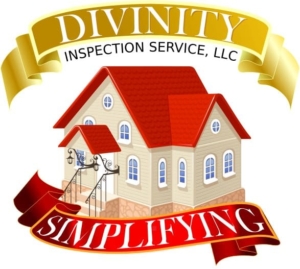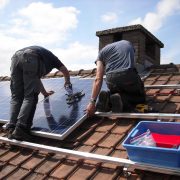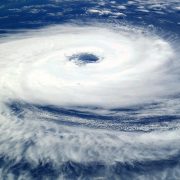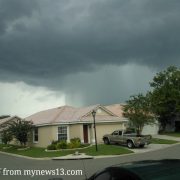Home Inspections on Green Homes
As the future of “green” homes keep expanding, home inspections on green homes expand along with it. From solar panels, to wind turbines, and more, we will explain how these environmentally friendly products impact a home inspection.
What exactly is a green home?
According to InterNachi, a green home is any type of home that is energy efficient, uses sustainable practices or materials, and promotes human and environmental health. If you are not sure if your home qualifies as a green home, we can make the distinction for you in our home inspection. All of our home inspectors are trained and certified in both residential and commercial property inspections, including home inspections on green homes.
What exactly are sustainable products?
Sustainable products range from many low-energy materials. These materials recycled soil or wood harvested from fast-growing forests where they are replenished at a faster rate. Sustainable products can also be water conserving shower heads and dual flush toilets. A good example of a sustainable product which is currently a requirement in all home are LED light bulbs.
Can home inspectors actually inspect these “green” products in homes?
While most home inspectors won’t get into vivid detail about how solar panel or dual toilets actually work, they will always be able to identify if they are included in the house before you move in. You home inspector can also identify how these products will contribute to your home’s efficiency. If problems occur with these energy-efficient products, the homeowner is typically responsible for those issues.
What are the two main green home add-ons?
Solar Panels
Solar panels are an amazing asset to the environment, though they may be on the more pricey side of energy-efficient products, they would end up saving you thousands of dollars down the road. Energy Informative claims you not only save thousands, but start saving from the very first day the panels are installed. A fun fact about solar panels: residents in Hawaii save an average of $64,000 dollars the first 20 years! Solar panels can also increase your home value and are a very secure investment because of their fixed energy costs.
Wind Panels
Wind panels are usually associated as home add-ons for the real “tree-huggers” out there, however, this is not necessarily the case. Wind panels support agriculture, promotes price stability, generates free fuel, revitalizes rural communities, conserves water and promotes clean air. To get a wind turbine installed on an average sized home, you may spend about $50,000 dollars. That may seem like a high cost but replacing current energy resources with wind panels will make for an entirely healthier future.
Thinking about moving into a new home with “green” products installed? Divinity can help you identify these products up front!





